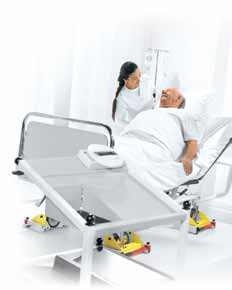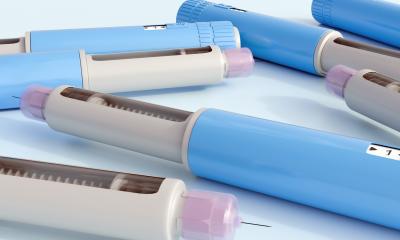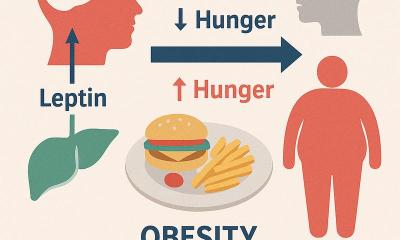Precision scales save lives
There are times when the timely detection of a patient’s weight change could save a life. Regular weight checks can reveal an unexplained loss of fluids due to diarrhoea, vomiting and third-degree burns in time to prevent complications.

For illnesses associated with excessive fluid volume, such as heart failure, cirrhosis of the liver, pulmonary disorders and hypothyroidism, weight checks are indispensable. Intensive care and other bedridden patients cannot step onto a scale by themselves. In this case a special weighing solution is needed, which this is perfectly fulfilled by the bed and dialysis scale seca 985.
With a maximum weighing capacity of 250 kg, the device can easily weigh and monitor severely obese people. A patient’s weight of up to 200 kg is in given in 100-gram steps and higher weights in 200-gram steps. Such precision can save lives by showing even the slightest weight changes. Close weight monitoring is essential in the treatment of illnesses characterised by fluid retention, such as with dialysis patients. It is important that the patient achieves and maintains his/her target weight. For such cases, the seca 985 has a
limit value function that works as an alarm system. The target weight is entered
into the scale’s programme and, when the patient’s weight falls below the
target, the seca 985 emits an audible alarm.
The seca 985 is also valued for its simple operation, which makes the use of
lifter scales in dialysis and intensive care totally unnecessary. First, four load
cells are positioned under the bed’s castors. This requires no effort from nurses
because the integrated lifter does the work. The castors are always automatically
raised to the ideal measurement position to prevent erroneous results. The
previously determined weight of the bed is deducted by the TARE function and
only the exact weight of the patient is displayed.
23.02.2012





